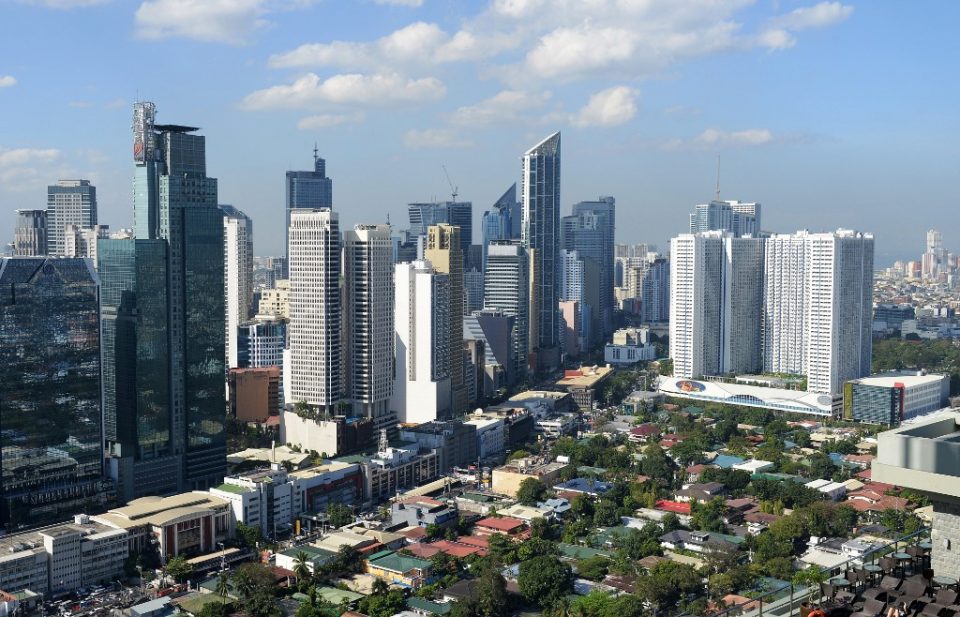
(Eagle News) — Because of the slowdown in the global economy and Philippine domestic investment, Asian Development Bank (ADB) has revised the country’s economic growth this year to 6 percent, down from the previous forecast of 6.4 percent.
In an update of its flagship annual economic publication, Asian Development Outlook (ADO) 2019, ADB revised its forecast for Philippine gross domestic product (GDP) growth to 6.0% in 2019 and 6.2% in 2020, against its previous forecast of 6.4% for both years.
The downward revision in growth comes from the slowdown in domestic investment in the first half of 2019.
This was mainly caused by the delayed passage of the 2019 national budget which “held back expenditure, particularly on infrastructure,” an ADB release said.
Its new report was launched on Thursday, Sept. 25.
But ADB Country Director for the Philippines Mr. Kelly Bird said that recovery in public spending should “boost private consumption” as the Philippine government is committed to implement its big-ticket infrastructure projects.
“Public spending should regain traction for the rest of 2019, with the government committed to catching up with its spending plans, especially as new and larger infrastructure projects get underway,” Bird said.
“The recovery in public spending should also boost private consumption, which is currently well supported by steady overseas workers’ remittances, moderate inflation, and low unemployment,” he said in a statement.
-Increased spending for the rest of 2019, boost to PHL economy-
The ADB is looking at the proposed 12 percent increase in the 2020 national budget and the Philippine government’s tax reform measures.
It said public expenditure next year is expected to provide a further boost to the economy.
“Higher spending on infrastructure and social services, such as health, education, and conditional cash transfers to poor households, will be supported by additional tax revenues, including the proposed higher taxes on alcohol products, among other measures under the government’s comprehensive tax reform program,” ADB said in a statement.
“The outlook for exports remains weak in light of the slower-than-expected economic growth in major industrialized economies, which are among the Philippines’ largest export markets. However, investor sentiment in the country remains broadly positive, with a pickup in business confidence, as seen from the recent Bangko Sentral ng Pilipinas survey,” it explained.
The ADB further expects a slowdown in Philippine inflation to 2.6 percent in 2019 and 3 percent in 2020.
This is significantly lower than previous ADB forecasts.
The lower ADB forecast on Philippine inflation is due largely on improved domestic rice supplies following the lifting of quantitative rice import restrictions in February this year, according to the report.








